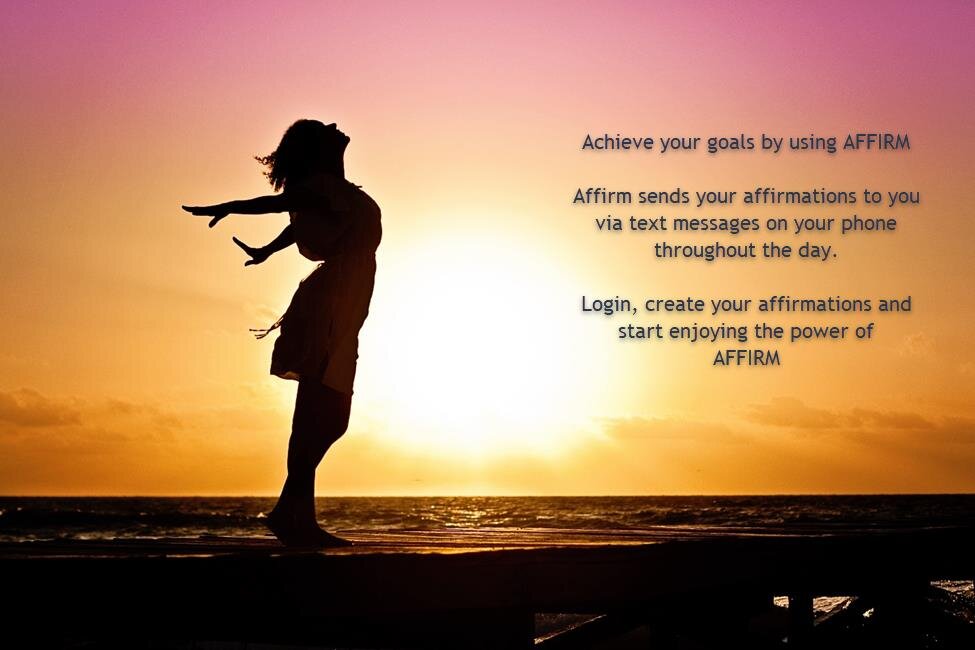Breaking the Chronic Procrastination Cycle * Hypnotherapy Can Help
Welcome back to our ongoing exploration of the human mind and the transformative power of hypnotherapy. One pervasive issue that many of my clients grapple with - chronic procrastination. As a certified hypnotherapist with 15 years in practice, I've encountered various manifestations of procrastination and witnessed the profound changes that hypnotherapy can bring.
A new client called and said, “My boss says I need to come see you or I will be fired.” Not my usual call from a new client. I asked him what was the issue. He said he was chronically late to work and his boss was tired of it. A good example of how chronic procrastination can affect all parts of your life.
We worked together to find the causes of his procrastination – he just wanted to be on his computer more. We came up with a set of affirmations, changing his beliefs about himself and his ability to change and be on time. We came up with an anchor, a way of anchoring in the feeling he felt in hypnosis. He used his anchor when he felt out of control and that brought him back to believing that he could change and be on time. He made some behavior changes – setting his alarm earlier, moving some tasks from the morning to the evening before and staying off the computer in the mornings. He began to arrive at work not only on time, but 15 minutes early like his boss preferred.
After a few sessions, he mentioned to me that not only was he doing so much better at work, but his marriage was also better. We had never discussed his marriage in our sessions. He said that when his wife got grumpy or yelled at him, he used his anchor to calm himself and let her vent. It is impossible to have an argument with only one person yelling. He really appreciated this side benefit of his hypnotherapy sessions.
Understanding Chronic Procratination
Chronic procrastination is not just a matter of occasional delays or temporary hesitation. It's a persistent pattern of putting off tasks that are important, often leading to negative consequences in various areas of life.
Recognizing the key symptoms of chronic procrastination is crucial for those seeking change:
Consistent Delays: Tasks are consistently postponed, leading to missed deadlines and opportunities.
Excuse-Making: Individuals engage in self-deceptive rationalizations for delaying tasks.
Avoidance Behavior: There is a tendency to avoid certain activities or responsibilities altogether.
Difficulty Initiating: Getting started on tasks becomes a daunting challenge.
Time Mismanagement: Poor time management skills contribute to chronic procrastination.
Perfectionism: The fear of not doing things perfectly can paralyze action.
Lack of Motivation: A general lack of motivation or enthusiasm for the task at hand.
Low Self-Esteem: Procrastination often ties to feelings of inadequacy or self-doubt.
Fear of Failure or Success: Fear can be a powerful driver of procrastination.
Short-Term Focus: Preferring immediate pleasure over long-term benefits.
Types of Chronic Procrastination
Identifying specific patterns helps tailor hypnotherapy interventions. Eight common types include
academic procrastination
chronic overestimation
perfectionistic procrastination
avoidance procrastination
deadline procrastination
anxious procrastination
rebellious procrastination
habitual procrastination
Causes of Chronic Procrastination
Understanding the root causes of chronic procrastination is essential for effective intervention. Common causes include
fear of failure
lack of clarity about goals
low self-esteem
perfectionism
underlying mental health issues
Uncovering these triggers helps tailor hypnotherapy strategies to address the specific needs of each individual.
Consequences of Chronic Procrastination
Chronic procrastination can have far-reaching consequences, both as a general habit and in specific areas such as sleep (bed time) procrastination. As a pervasive habit, it can lead to increased stress, decreased job performance, strained relationships, and missed opportunities. In the context of sleep procrastination, where individuals consistently delay bedtime, consequences may include sleep deprivation, impaired cognitive function, and negative impacts on overall health and well-being.
The cycle of Chronic Procrastination
Understanding the cyclical nature of chronic procrastination is vital for breaking free from its grip. The cycle typically involves a trigger, emotional response, coping strategy (procrastination), and temporary relief, perpetuating the pattern.
Benefits of Overcoming Chronic Procrastination
Reducing or eliminating chronic procrastination brings a myriad of benefits:
Increased Productivity: Accomplish tasks more efficiently and effectively.
Enhanced Well-Being: Lower stress levels and improved mental health.
Improved Relationships: Minimize the impact of procrastination on personal and professional relationships.
Boosted Confidence: Overcoming procrastination fosters a sense of accomplishment and self-worth.
Goal Attainment: Move closer to long-term goals with consistent action.
How Hypnotherapy Can Help
Hypnotherapy offers a powerful avenue for disrupting the cycle of chronic procrastination. Through various techniques, including guided imagery, suggestion, EFT and affirmations, hypnotherapy can address the underlying causes and rewire the subconscious mind.
In Summary
Chronic procrastination is a formidable challenge, but with the right tools and mindset, positive change is not only possible but probable. Hypnotherapy serves as a valuable ally in breaking free from the chains of procrastination, empowering individuals to lead more fulfilling and purposeful lives.
If you or someone you know is struggling with chronic procrastination, consider the transformative potential of hypnotherapy on your journey toward positive change.
I am available for a free 30 minute consultation for new clients. Please go to cindaroffman.com to book a free consult or call me at 818-929-4944.
Sincerely,
Cinda
HypnoNews and Resources
For additional information and advice on unwanted chronic procrastination and how to how to overcome it, here are two articles that may be of interest.
https://www.psychologytoday.com/us/blog/triggered/202008/ocd-and-compulsive-procrastination https://www.psychologicalscience.org/observer/why-wait-the-science-behind-procrastination
For an absolutely fascinating article about one of the most recently identified forms of procrastination known as ‘revenge sleep procrastination’, please see the following:
https://www.sleepfoundation.org/sleep-hygiene/revenge-bedtime-procrastination



















